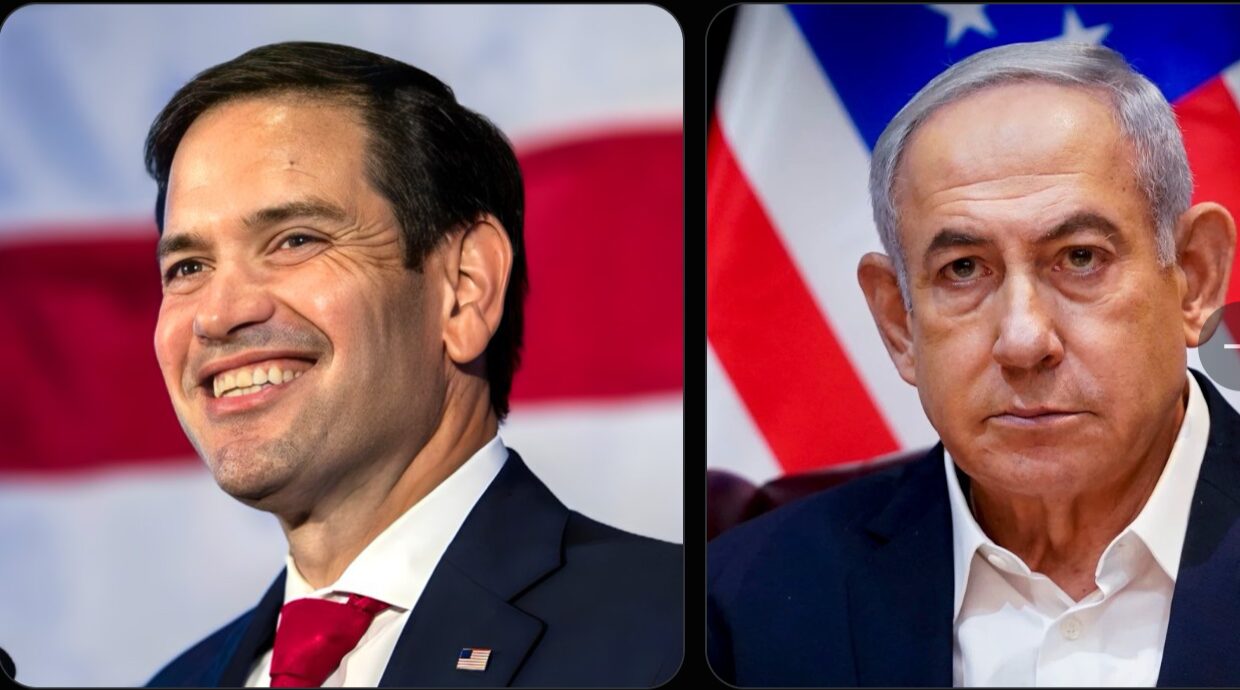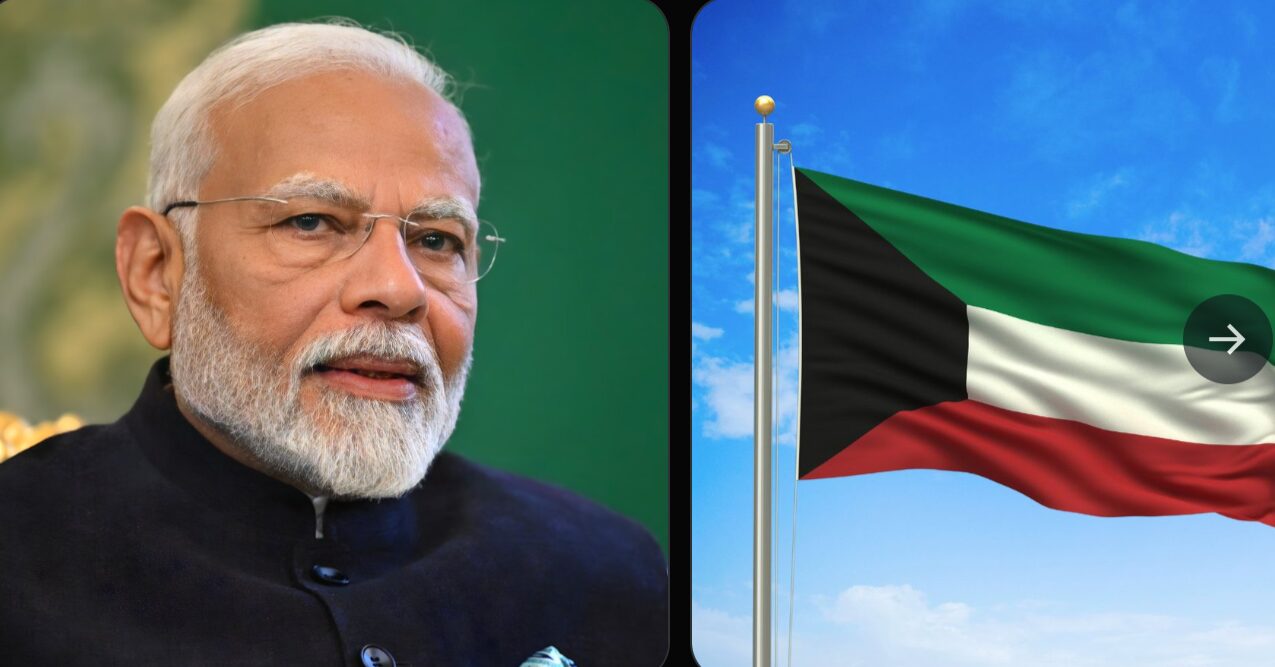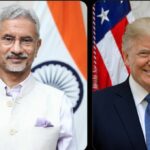TRUMP Secretary of State Rubio made his first foreign call to ISRAEL’S NETANYAHU, promising “unwavering US support.”
In his first official foreign call as Secretary of State, Marco Rubio, a prominent figure in U.S. politics, reached out to Israeli Prime Minister Benjamin Netanyahu, offering “unwavering US support.” This gesture highlights the continued strong diplomatic ties between the United States and Israel, a relationship that has been central to U.S. foreign policy for decades. Rubio’s call, which took place shortly after his confirmation, signals the Trump administration’s ongoing commitment to supporting Israel on the global stage, even as it faces a rapidly changing international landscape.
Rubio’s Commitment to U.S.-Israel Relations
Marco Rubio’s choice to call Prime Minister Netanyahu first demonstrates the priority he places on the U.S.-Israel alliance. Both Rubio and President Trump have long been vocal supporters of Israel, and this call reinforces the continued strength of the bilateral relationship. Rubio’s confirmation as Secretary of State is seen as a natural extension of his previous foreign policy work, particularly his outspoken stance on Middle Eastern affairs.
The call between Rubio and Netanyahu is significant, as it reaffirms America’s steadfast support for Israel at a time when the Middle East remains a region of intense geopolitical volatility. Israel, long a key ally in the region, faces ongoing threats from adversaries such as Iran, Hezbollah, and Hamas. The U.S. has traditionally been one of Israel’s most powerful allies, providing economic, military, and diplomatic support. Rubio’s message of “unwavering support” highlights this commitment and suggests that under his leadership, U.S. policy will remain aligned with the strong ties between the two nations.
A New Era in U.S.-Israel Diplomacy
The call between Rubio and Netanyahu marks the beginning of a new chapter in U.S.-Israel relations, particularly under the leadership of the Trump administration. While the U.S.-Israel alliance has remained strong for many years, the Trump administration has worked to further solidify this partnership through significant diplomatic moves. These include the recognition of Jerusalem as Israel’s capital, the relocation of the U.S. embassy to Jerusalem, and support for Israel in international forums like the United Nations.
By reaffirming U.S. support for Israel, Rubio is continuing the policies put in place by the Trump administration, further emphasizing the importance of the U.S.-Israel relationship. Israel’s security and sovereignty remain at the forefront of U.S. foreign policy in the Middle East, and Rubio’s statement underscores the priority that the current administration places on preserving these goals.
Netanyahu’s Response: Gratitude and Cooperation
Prime Minister Netanyahu, who has long had a close relationship with U.S. officials, expressed gratitude for the call, emphasizing Israel’s commitment to working closely with the United States on regional issues. The Israeli leader reiterated the importance of continued cooperation on matters like security, counterterrorism, and preventing Iran from gaining nuclear capabilities.
Netanyahu’s response to Rubio’s outreach signals that Israel is eager to continue its strong ties with the U.S., especially in light of the ongoing challenges posed by Iran and other regional actors. Israel sees the U.S. as an indispensable partner in safeguarding its security and addressing the complex issues that shape the Middle East. The call represents a shared desire to ensure the stability and security of both nations in an ever-changing geopolitical environment.
Rubio’s Foreign Policy Goals
As Secretary of State, Rubio’s foreign policy agenda is expected to focus on strengthening U.S. alliances, countering global threats, and promoting democracy and human rights. His long track record in the Senate has been characterized by a strong pro-Israel stance, and this first foreign call underscores his intention to continue this legacy.
One of Rubio’s key goals is to combat the growing influence of adversaries like China, Russia, and Iran, while reaffirming U.S. leadership in global affairs. The U.S.-Israel alliance plays a critical role in this vision, particularly in countering Iran’s destabilizing influence in the region. Rubio has also advocated for a more active U.S. role in Middle Eastern peace processes, even as tensions with countries like Iran continue to simmer.
Rubio’s role as Secretary of State will allow him to shape U.S. foreign policy in the Middle East and beyond, with the relationship between the U.S. and Israel likely remaining a central pillar of his approach. His early engagement with Netanyahu signals his intention to focus on strengthening traditional alliances while addressing emerging global challenges.
The Broader Implications for Middle East Peace
While the U.S.-Israel relationship is solid, the broader dynamics of the Middle East continue to evolve. Rubio’s call to Netanyahu may also signal a continued push for peace and stability in the region, though achieving these goals remains complex.
For years, the U.S. has been involved in efforts to facilitate peace between Israel and Palestine. However, the path to a two-state solution has remained elusive, with tensions between Israelis and Palestinians remaining high. Rubio’s support for Israel may be seen by some as complicating U.S. efforts to mediate peace in the region. However, Rubio has also expressed a desire to address humanitarian concerns and promote a peaceful resolution, though his approach may lean more heavily in favor of Israel’s security interests.
In addition to the Israeli-Palestinian conflict, other critical regional issues are likely to dominate Rubio’s agenda, including Iran’s nuclear ambitions and the ongoing instability in Syria and Lebanon. Rubio’s foreign policy strategies will need to balance U.S. support for Israel with the broader need for regional cooperation and stability.
Impact on U.S. Foreign Policy and Global Diplomacy
The call between Rubio and Netanyahu signals the Trump administration’s ongoing commitment to a robust foreign policy that prioritizes strong alliances and national security. While the U.S.-Israel relationship remains central to this strategy, Rubio’s approach to other global challenges will shape U.S. diplomatic efforts in the coming years.
As Secretary of State, Rubio’s policies will influence the U.S.’s stance on key international issues, from countering authoritarian regimes to confronting climate change. His leadership will also play a critical role in shaping relations with NATO allies, countries in the Asia-Pacific region, and emerging powers like China and India. By reaffirming U.S. support for Israel, Rubio is not only strengthening ties with an important ally but also sending a message to the international community about the U.S.’s role as a global leader committed to security, democracy, and human rights.
In Conclusion
Marco Rubio’s first foreign call to Israeli Prime Minister Benjamin Netanyahu, where he promised “unwavering US support,” signals the continuation of a strong and enduring U.S.-Israel relationship under the Trump administration. Rubio’s stance reinforces the U.S.’s commitment to Israel’s security while shaping a foreign policy that prioritizes traditional alliances and countering global threats. As Secretary of State, Rubio will play a crucial role in navigating the complex geopolitical landscape, with U.S.-Israel relations remaining a cornerstone of American diplomacy. The call marks a new chapter in U.S. foreign policy, setting the stage for future diplomatic efforts in the Middle East and beyond.

















Post Comment